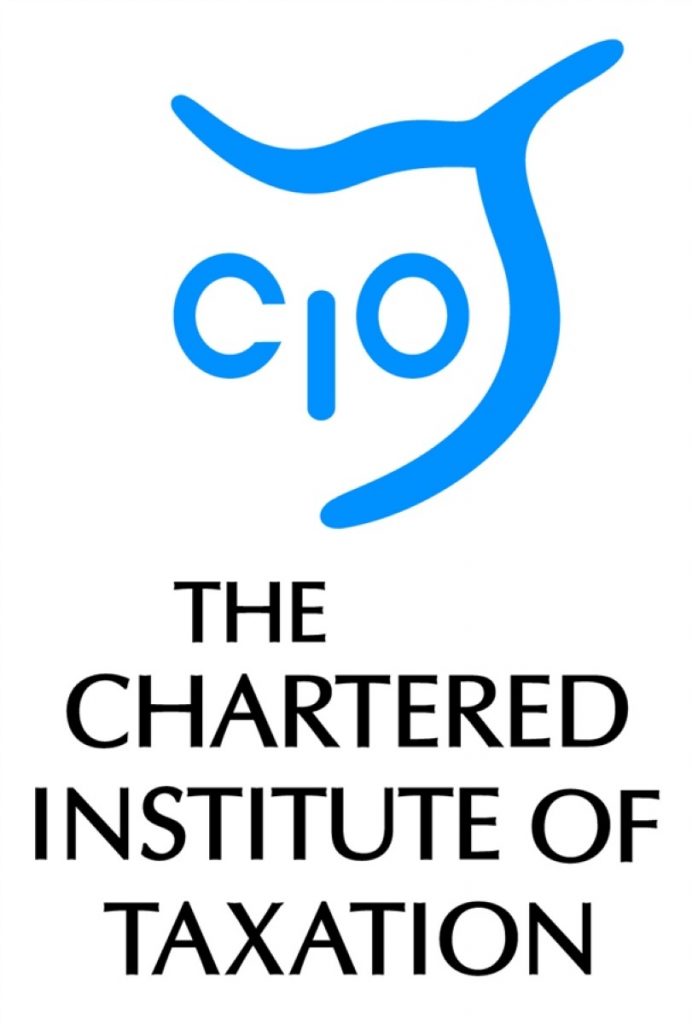CIOT: Tax-free childcare proposal must be seamless and straightforward
The Low Incomes Tax Reform Group (LITRG) has responded with a qualified welcome to the Government’s proposal on tax-free childcare. The LITRG have said that any new scheme must operate seamlessly with the childcare element of universal credit, be simple and clear to operate and allow people to choose whichever system is best for them financially.
At Budget 2013, the Government announced that they would introduce tax-free childcare for working families. The scheme is intended to support working families by giving support equivalent to basic rate tax relief on money spent on childcare. Though supportive of the proposal’s intention, the Group have stated that any new scheme must be easy for both parents and administrators to understand and operate, and must strike the right balance between responsiveness and simplicity.
Anthony Thomas, Chairman of LITRG, said:
“The Government are right to point out that the high costs and the availability of childcare are two of the biggest challenges that parents face. We agree that the costs of childcare can be prohibitive to parents looking to enter the workplace or increase their hours. It is clear that this issue needs to be addressed in order to improve work incentives for parents. But where it is proposed that two schemes should operate side by side, there needs to be seamless interaction between them; key definitions for example, need to be consistent. A lack of consistency will inevitably result in complexity, worry and confusion for parents and those advising them, and the scheme will turn out to be massively expensive to operate.
“The proposal to increase childcare support through universal credit to 85% for lone parents and couples who earn above the income tax threshold is simply unfair, as those who earn less will receive only 70% in support. This is almost certainly unworkable and will damage work incentives for some of the lowest paid. The fact that income tax is annual and universal credit monthly means it will be impossible to determine who is or is not a taxpayer at the point when childcare costs are paid and universal credit claimed. In addition, the rise of zero-hours contracts, part-time and agency working will make the situation even more unpredictable for many which surely cannot be right or fair.”
Notes to editors
1. HMRC’s Consultation, Tax-free Childcare, can be found here.
2. LITRG’s full comments can be found here.
3. The Low Incomes Tax Reform Group (LITRG) is an initiative of the Chartered Institute of Taxation (CIOT) to give a voice to the unrepresented. Since 1998 LITRG has been working to improve the policy and processes of the tax, tax credits and associated welfare systems for the benefit of those on low incomes. Everything we do is aimed at improving the tax and benefits experience of low income workers, pensioners, migrants, students, disabled people and carers. LITRG works extensively with HM Revenue & Customs and other government departments, commenting on proposals and putting forward our own ideas for improving the system. Too often the tax and related welfare laws and administrative systems are not designed with the low-income user in mind and this often makes life difficult for those we try to help.
4. The Chartered Institute of Taxation (CIOT) is the leading professional body in the United Kingdom concerned solely with taxation. The CIOT is an educational charity, promoting education and study of the administration and practice of taxation. One of our key aims is to work for a better, more efficient, tax system for all affected by it – taxpayers, their advisers and the authorities. The CIOT’s work covers all aspects of taxation, including direct and indirect taxes and duties. Through our Low Incomes Tax Reform Group (LITRG), the CIOT has a particular focus on improving the tax system, including tax credits and benefits, for the unrepresented taxpayer.
The CIOT draws on our members’ experience in private practice, commerce and industry, government and academia to improve tax administration and propose and explain how tax policy objectives can most effectively be achieved. We also link to, and draw on, similar leading professional tax bodies in other countries. The CIOT’s comments and recommendations on tax issues are made in line with our charitable objectives: we are politically neutral in our work.
The CIOT’s 17,000 members have the practising title of ‘Chartered Tax Adviser’ and the designatory letters ‘CTA’, to represent the leading tax qualification.
James Knell
External Relations Officer
D: +44 (0)20 7340 2702





-01.png)